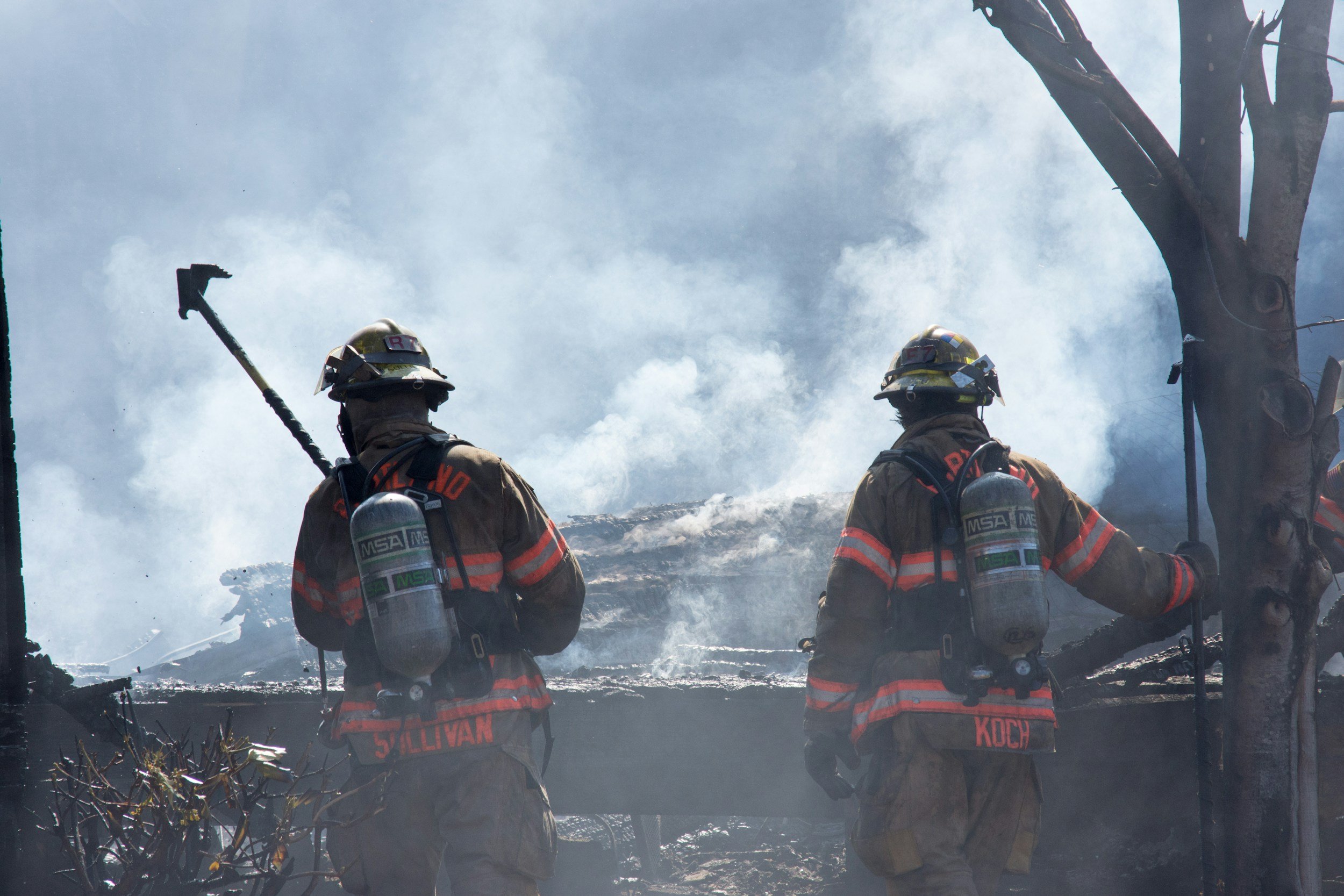
Empowering First Responders from the Start with Our Comprehensive Program
Our Training is designed for Fire, EMT, 911 Call Takers/Dispatchers, and Police academies/departments to integrate essential mental health support and safety protocols into their training. It covers suicide prevention, resilience building, and strategies to recognize and address stress and trauma. By implementing this course, academies/departments can build a culture of support, ensuring first responders are equipped to thrive both on and off the job.
6-Module Online Training Program
The First Responders Resilience Network offers a comprehensive 6-module training program tailored for Fire, EMT, and Police academies and departments. This training is designed to seamlessly integrate vital mental health resources and safety practices into their curriculum. Focusing on suicide prevention, resilience enhancement, and techniques to identify and manage stress and trauma, the course aims to build a supportive environment. By adopting this program, agencies can cultivate a culture that empowers first responders to succeed both on duty and in their personal lives. The training takes a proactive, evidence-based approach to understanding the physiological, neurological, psychological, and emotional impacts of trauma and stress on first responders and their families. Below is an overview of the modules we offer in our program.
Testimonials
-
What Was The Most Valuable Aspect of the Course?
- “The sleep part. I also liked the parts about techniques to use to help with stress and your body.”
- “Tools given to help deal with issues.”
- “It was highly relatable and resonated well, providing meaningful insights with real-world connections.”
- “I found the variety of videos helpful. It gave different ways of comprehending the concept as well as seeing it as a first responder myself. I took a lot of information away from this course. I have been in my peer support team for roughly 4 years and have gone through many conferences. It is always interesting to learn new information on this topic.” -
What skills, knowledge, or techniques do you feel most confident about implementing after completing this course?
- “I will be trying techniques to get more sleep. The breathing techniques will be used during the day and at night. I already use some breathing techniques on stressful calls. For years I controlled my breathing and stress as a sniper.”
- “After completing this course, I feel most confident in implementing strategies for stress management, trauma-informed care, and effective communication techniques tailored to high-stress professions. I also feel equipped to integrate resilience-building practices and provide targeted support for individuals facing occupational burnout and cumulative stress, particularly in first responder settings.”- “I took a lot of information away from the sleep cycle module as well as the meditation. As a first responder myself; I can confidently say I will be able to use what I learned as a tool for those that need my support as well as myself.”
-
Do You Have Any Other Feedback on the Course?
- “Very well put together. Many tools to use.”
- “Wonderful training!”
- “I think this course was great. I believe anyone that goes through this course will learn something. it is beneficial and important for all first responders. Thank you for creating this course and allowing our team to participate in it!”


